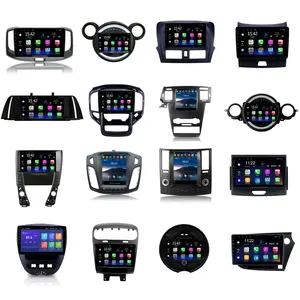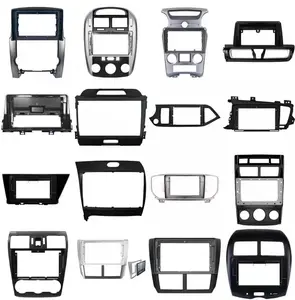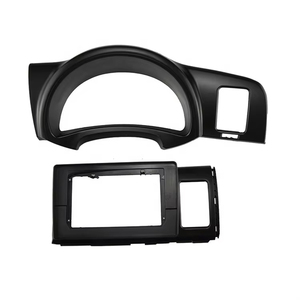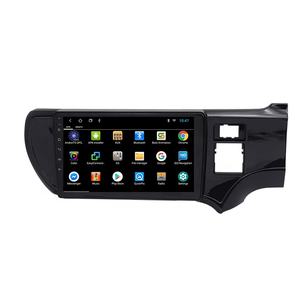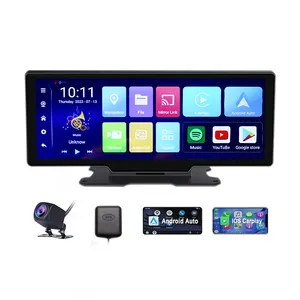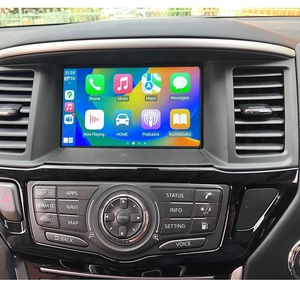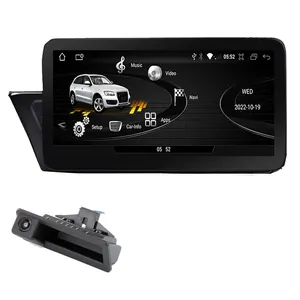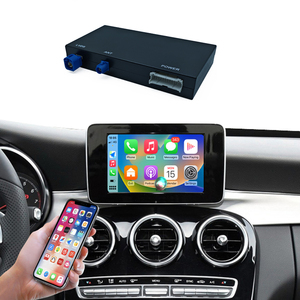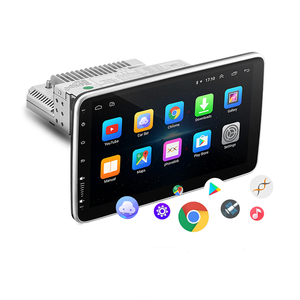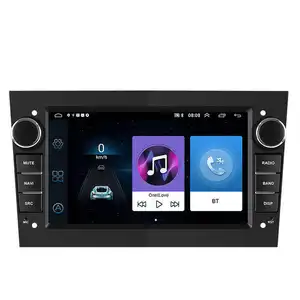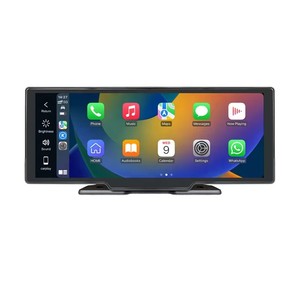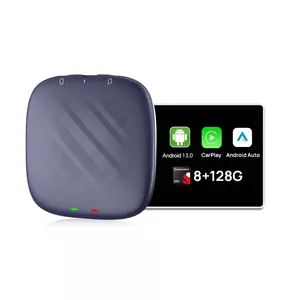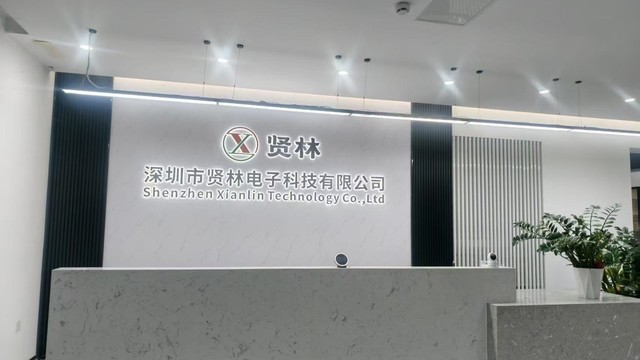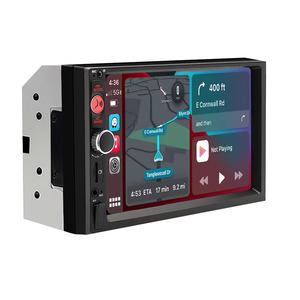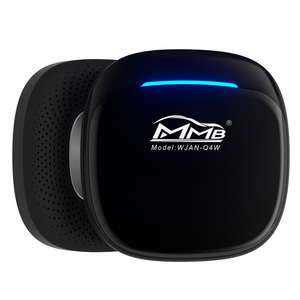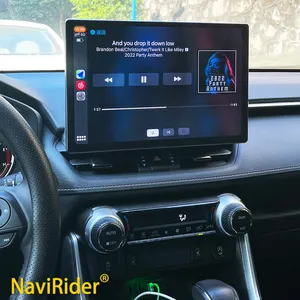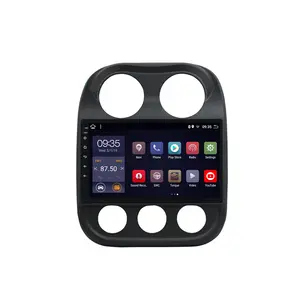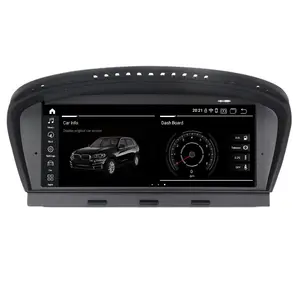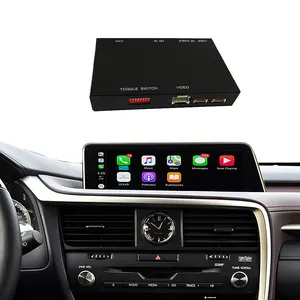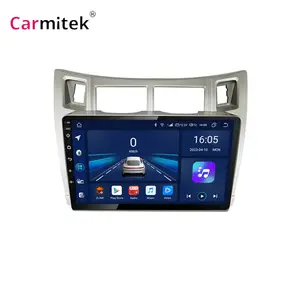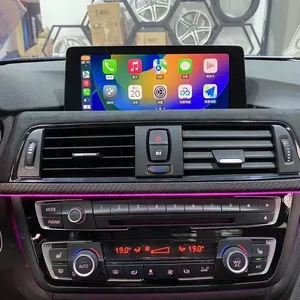Wireless Android Auto Carplay Producer



 Top sponsor listing
Top sponsor listing

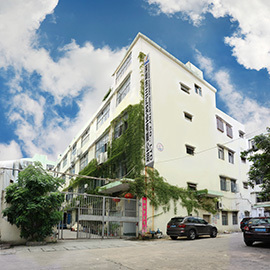


























































About wireless android auto carplay producer
Where to Find Wireless Android Auto CarPlay Producers?
China remains the central hub for wireless Android Auto and CarPlay system manufacturing, with key production clusters in Guangdong Province—particularly Shenzhen and Huizhou. These regions host vertically integrated electronics supply chains, enabling rapid component sourcing and assembly of automotive infotainment systems. Shenzhen's ecosystem excels in R&D-intensive consumer electronics, offering access to advanced SoCs (System-on-Chip), 5G/Wi-Fi 6 modules, and touchscreen display suppliers within a 20km radius.
The concentration of OEMs and ODMs in this region supports flexible production models, from low-volume custom builds to high-volume standardized units. Suppliers benefit from localized access to PCB fabrication, firmware development, and testing facilities, reducing lead times by 15–25% compared to offshore alternatives. Average monthly output per facility ranges from 10,000 to 50,000 units, with scalable capacity for export orders exceeding 100,000 units quarterly. This infrastructure enables competitive pricing, fast prototyping (7–14 days), and integration of features such as DVR, dual Bluetooth, SIM card support, and ambient lighting controls.
How to Choose Wireless Android Auto CarPlay Producers?
Selecting reliable suppliers requires verification across technical, operational, and transactional dimensions:
Production & Engineering Capability
Prioritize manufacturers with dedicated in-house production lines and firmware development teams. Evidence of proprietary Android Auto/CarPlay integration—including stable wireless mirroring protocols and compatibility across vehicle makes—is critical. Confirm support for core configurations: octa-core processors, DDR4 RAM (4GB+), internal storage (64GB+), and screen sizes ranging from 7” to 10.26”. Suppliers should offer customization in UI layout, boot logos, packaging, and hardware design (e.g., bezel color, frame material).
Quality Assurance Metrics
Evaluate performance indicators such as on-time delivery rate (target ≥98%), response time (ideally ≤5 hours), and reorder rate. While formal ISO 9001 or IATF 16949 certifications are not universally listed, consistent on-time delivery and low defect rates—implied by repeat buyer activity—are strong proxies for process reliability. Look for evidence of functional testing procedures, including stress tests for Bluetooth stability, GPS signal acquisition, and thermal performance under continuous operation.
Transaction Security & Support
Favor suppliers with transparent communication channels and documented post-sale support policies. Analyze order history and customer feedback where available. Use secure payment methods with escrow functionality to mitigate risk during initial transactions. Request product samples to validate build quality, software responsiveness, and compatibility with target vehicle models before scaling procurement.
What Are the Best Wireless Android Auto CarPlay Producers?
| Company Name | Location | Main Products (Listings) | On-Time Delivery | Avg. Response | Reorder Rate | Online Revenue | Product Range | Customization Options |
|---|---|---|---|---|---|---|---|---|
| Huizhou Kris Technology Co., Ltd. | Huizhou, CN | Car DVD Player (819) | 99% | ≤3h | 21% | US $510,000+ | 15+ models | Yes (lighting, screen, logo, packaging) |
| Shenzhen Sunway Industry Co., Ltd. | Shenzhen, CN | Car Reversing Aid (211) | 91% | ≤9h | <15% | US $420,000+ | 5 models | Limited |
| Zhanjiang Anzhituo Electronic Technology Co., Ltd. | Zhanjiang, CN | Other Auto Electronics (256) | 100% | ≤5h | <15% | US $70,000+ | 5 models | Moderate (branding, interface) |
| Shenzhen Kianda Auto Electronic Co., Ltd. | Shenzhen, CN | Car DVD Player (168) | 98% | ≤5h | <15% | US $80,000+ | 5 models | Yes (Android version, core specs) |
| Shenzhen Yuan Qin Technology Co., Ltd. | Shenzhen, CN | Other Auto Electronics (139) | 91% | ≤1h | <15% | US $100,000+ | 5 models | Basic hardware/software options |
Performance Analysis
Huizhou Kris stands out with the highest online revenue, fastest response time, and strongest reorder rate, indicating robust customer satisfaction and operational efficiency. Its extensive product portfolio and customization capabilities make it suitable for buyers seeking differentiated offerings. Zhanjiang Anzhituo achieves perfect on-time delivery despite lower reorder volume, suggesting disciplined logistics execution. Shenzhen Yuan Qin leads in responsiveness (≤1h), which enhances negotiation agility and issue resolution speed. While most suppliers report reorder rates below 15%, this may reflect market saturation with one-off buyers rather than poor performance. For high-volume contracts, prioritize partners with ≥98% on-time delivery and proven scalability.
FAQs
What is the typical MOQ for wireless CarPlay systems?
Most suppliers list a minimum order quantity of 1 unit for sample testing. Bulk pricing typically applies at 50+ units, with tiered discounts beyond 500 units. MOQ flexibility varies by model complexity and customization level.
How long does production and shipping take?
Lead time for standard orders averages 15–25 days, including quality checks and packaging. Customized units may require 30–45 days. Air freight adds 5–10 days globally; sea freight takes 25–40 days depending on destination port.
Do these producers support OEM/ODM services?
Yes, multiple suppliers offer OEM branding, custom firmware interfaces, packaging design, and hardware modifications (e.g., screen size, RAM, storage). Confirmation of design capability and NDA compliance is recommended prior to engagement.
Are wireless CarPlay adapters compatible with all vehicles?
Compatibility depends on integration method—plug-and-play adapters work with select factory-installed head units, while full multimedia systems replace existing radios. Buyers must verify fitment with specific car makes, models, and years before procurement.
Can I request product certification documentation?
While CE, FCC, and RoHS compliance is common, formal certification data is not always publicly shared. Direct inquiry is necessary to obtain test reports or compliance declarations, especially for regulated markets in Europe and North America.




